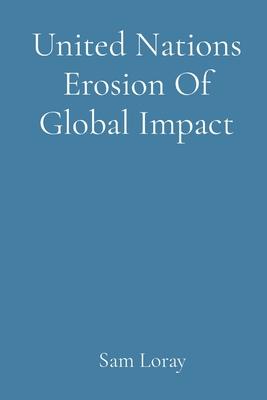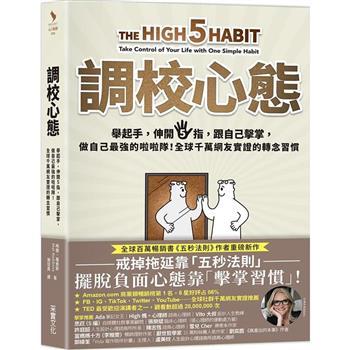"United Nations: Erosion of Global Impact" is a thought-provoking exploration into the challenges and complexities that have contributed to a perceived decline in the effectiveness of the United Nations (UN) on the global stage. This narrative delves into the historical context, systemic issues, and geopolitical dynamics that have eroded the UN’s ability to address pressing global issues.
The description navigates through the UN’s rich history, from its post-World War II inception with lofty ideals of international cooperation to its current state of grappling with multifaceted crises. It scrutinizes the challenges faced by the UN, such as geopolitical power struggles, bureaucratic hurdles, and the evolving nature of global conflicts, shedding light on how these factors have impacted its efficacy.As the narrative unfolds, it critically examines the UN’s responses to major global issues-be it humanitarian crises, peacekeeping endeavors, or climate change initiatives. The description invites readers to ponder the limitations and potential reforms necessary for the UN to regain its central role as a force for global stability and cooperation.Beyond the critique, this exploration considers the UN’s vital role in fostering diplomacy, human rights, and sustainable development. It raises questions about the global community’s responsibility in upholding the principles the UN stands for and explores avenues for revitalizing the organization’s impact."United Nations: Erosion of Global Impact" is a call to reflection and action, challenging readers to engage with the complexities of international governance. Whether you’re a global affairs enthusiast, a policymaker, or an advocate for change, this narrative prompts a deeper understanding of the challenges facing the UN and encourages dialogue on the collective responsibility to strengthen and adapt this crucial institution for a rapidly evolving world.| FindBook |
有 1 項符合
United Nations Erosion Of Global Impact的圖書 |
 |
United Nations Erosion Of Global Impact 作者:Loray 出版社:Rose Publishing (CA) 出版日期:2023-11-28 語言:英文 規格:平裝 / 134頁 / 22.86 x 15.24 x 0.74 cm / 普通級/ 初版 |
| 圖書館借閱 |
| 國家圖書館 | 全國圖書書目資訊網 | 國立公共資訊圖書館 | 電子書服務平台 | MetaCat 跨館整合查詢 |
| 臺北市立圖書館 | 新北市立圖書館 | 基隆市公共圖書館 | 桃園市立圖書館 | 新竹縣公共圖書館 |
| 苗栗縣立圖書館 | 臺中市立圖書館 | 彰化縣公共圖書館 | 南投縣文化局 | 雲林縣公共圖書館 |
| 嘉義縣圖書館 | 臺南市立圖書館 | 高雄市立圖書館 | 屏東縣公共圖書館 | 宜蘭縣公共圖書館 |
| 花蓮縣文化局 | 臺東縣文化處 |
|
|
圖書介紹 - 資料來源:博客來 評分:
圖書名稱:United Nations Erosion Of Global Impact
|











